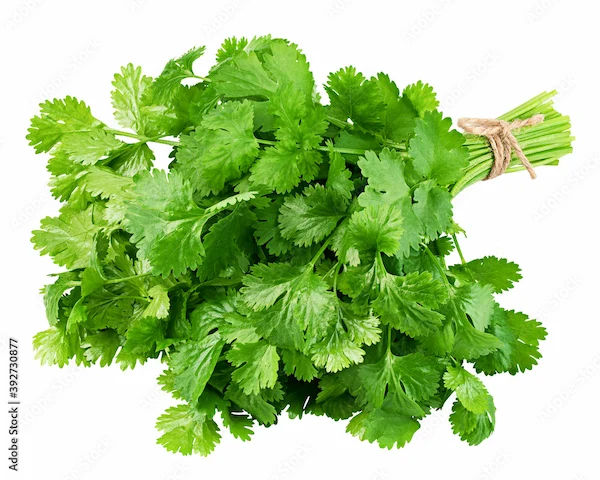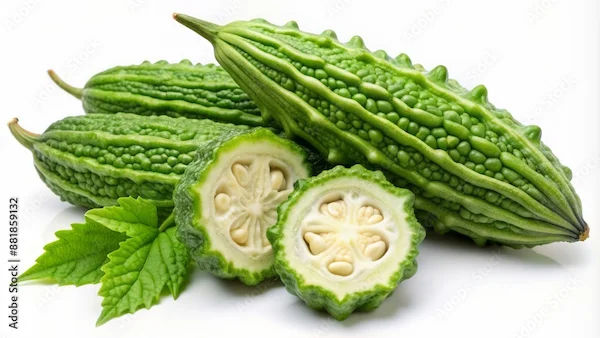Phalsa Benefits
Explore the health benefits of Phalsa (Grewia asiatica), a nutrient-rich berry that boosts immunity, aids digestion, supports heart health, and promotes skin and bone wellness. Learn how to include this refreshing fruit in your diet.

Written by Dr.Sonia Bhatt
Last updated on 3rd Jul, 2025

Introduction
Have you ever heard of phalsa? This small, purple-black berry might not be as famous as other fruits, but it packs a powerful punch when it comes to health benefits. Native to India and Southeast Asia, phalsa (Grewia asiatica) grows on a shrub and produces small, round fruits with deep purple to black skin and juicy, tangy pulp. It's especially popular during the summer months and is often enjoyed fresh, as juice, or in refreshing sherbets.
Whether you're looking to boost your immunity, improve digestion, or support heart health, phalsa could be a delicious and nutritious addition to your daily routine. Let’s explore why this humble fruit deserves a spot in your diet!
Nutritional Value of Phalsa
Despite its tiny size, phalsa is loaded with essential nutrients, including:
Vitamin C (boosts immunity)
Iron (helps prevent anaemia)
Calcium (supports bone health)
Antioxidants (fight free radicals)
Dietary fibre (aids digestion)
Top Health Benefits of Phalsa
Following are the health benefits this tangy summer fruit has to offer:
1. Boosts Immunity
Phalsa is rich in vitamin C, which strengthens the immune system and helps the body fight infections. Regular consumption may reduce the frequency of colds and flu.
2. Aids Digestion
Thanks to its high fibre content, phalsa helps regulate bowel movements and prevents constipation. It also soothes acidity and bloating, making it great for gut health.
3. Supports Heart Health
The antioxidants in phalsa help lower bad cholesterol (LDL) and maintain healthy blood pressure, reducing the risk of heart disease.
4. Keeps You Hydrated & Cool
Phalsa has a high water content, making it an excellent natural coolant during hot summers. Drinking phalsa juice helps prevent dehydration and heatstroke.
5. Good for Skin & Hair
The antioxidants and vitamin C in phalsa promote collagen production, keeping skin youthful and reducing acne. It also strengthens hair follicles, preventing hair fall.
6. Helps Manage Blood Sugar
Phalsa has a low glycemic index, meaning it doesn’t cause sudden spikes in blood sugar levels. Diabetics can enjoy it in moderation as a healthy snack.
7. Improves Bone Strength
With calcium and phosphorus, phalsa supports bone density and may help prevent osteoporosis in the long run.
8. May Help with Weight Loss
Low in calories and high in fibre, phalsa keeps you full for longer, reducing unnecessary cravings and aiding weight management.
Consult Top Specialists for Personalised Usage Tips
How to Include Phalsa in Your Diet?
Here are some delicious ways to enjoy phalsa:
Fresh & Raw – Eat it as a snack.
Juice or Sherbet – Blend with water, sugar, and a pinch of black salt.
Smoothies – Mix with yoghurt or other fruits.
Jams & Desserts – Use in jellies or puddings.
Note: People with low blood pressure should consume phalsa in moderation, as it may further lower BP.
When to Consult a Doctor?
While phalsa is generally safe, if you experience any unusual reactions like allergies or digestive discomfort, it’s best to consult a doctor. If you have existing health conditions like diabetes or hypertension, check with a healthcare provider before making it a regular part of your diet.
Need expert advice on nutrition? Book a consultation with Apollo 24|7’s dietitians for personalised guidance!
Final Thoughts
Phalsa may be small, but its health benefits are mighty! From boosting immunity to keeping your heart healthy, this summer fruit is a nutritional powerhouse. So, the next time you see phalsa at the market, grab some and enjoy its refreshing taste along with its amazing health perks.
Consult Top Dieticians
Consult Top Specialists for Personalised Usage Tips

Dr. Debashis Nayak
Endocrinologist
8 Years • MBBS, DNB (Internal Medicine), PG Diploma ( Diabetes & Endocrinology )
Rourkela
Apollo Hospitals, Rourkela, Rourkela

Dr. Sushith C
General Physician
2 Years • MBBS
Bengaluru
PRESTIGE SHANTHINIKETAN - SOCIETY CLINIC, Bengaluru

Dr Venkata Naga Sai Tribhushan Rambhatla
General Physician
3 Years • MBBS
Bengaluru
PRESTIGE SHANTHINIKETAN - SOCIETY CLINIC, Bengaluru

Dr. S N C Vasundhara Padma
Dietician
16 Years • RD, ( P.hd )
Chinagadila
Apollo Hospitals Health City Unit, Chinagadila
(25+ Patients)

Ms. Kanika Narang
Dietician
12 Years • Msc. In Dietetics and Food Service management from Institute of Hotel Management, Catering and Nutrition. Bsc. In Home science from Institute of Home Economics, Delhi University,
Delhi
Apollo Hospitals Indraprastha, Delhi
Consult Top Dieticians

Dr. Debashis Nayak
Endocrinologist
8 Years • MBBS, DNB (Internal Medicine), PG Diploma ( Diabetes & Endocrinology )
Rourkela
Apollo Hospitals, Rourkela, Rourkela

Dr. Sushith C
General Physician
2 Years • MBBS
Bengaluru
PRESTIGE SHANTHINIKETAN - SOCIETY CLINIC, Bengaluru

Dr Venkata Naga Sai Tribhushan Rambhatla
General Physician
3 Years • MBBS
Bengaluru
PRESTIGE SHANTHINIKETAN - SOCIETY CLINIC, Bengaluru

Dr. S N C Vasundhara Padma
Dietician
16 Years • RD, ( P.hd )
Chinagadila
Apollo Hospitals Health City Unit, Chinagadila
(25+ Patients)

Ms. Kanika Narang
Dietician
12 Years • Msc. In Dietetics and Food Service management from Institute of Hotel Management, Catering and Nutrition. Bsc. In Home science from Institute of Home Economics, Delhi University,
Delhi
Apollo Hospitals Indraprastha, Delhi




